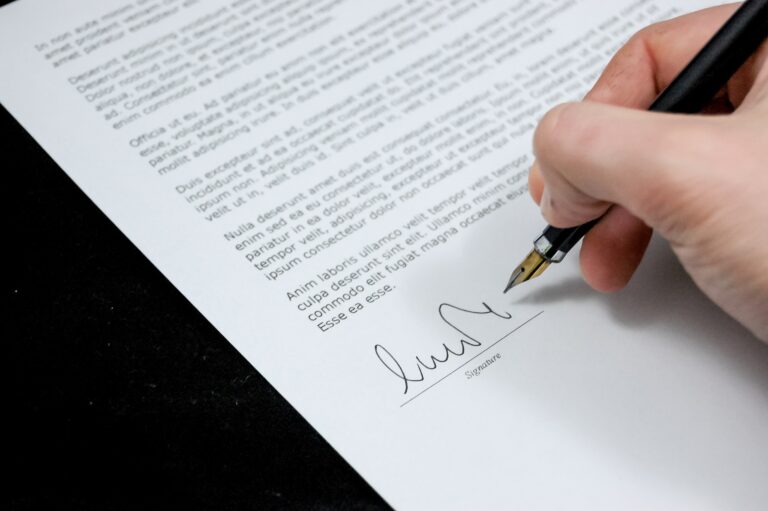Good Qualities That Recruiters Want To See In Each Individual Candidate
Although some jobs require an endless combination of skills, the most sought-after employee traits are often universal, whether you’re an aerospace engineer, a sales representative, or a mailroom clerk. So what are these sought-after good qualities? FindMyjob got in touch with nine recruiters and career experts to find out what they want to see in every candidate, from executive to intern.
Ambition
“Someone who is ambitious comes to the interview prepared and shows great interest in the position. A candidate who wants to grow their career in the company can be a long-term investment. Candidates can show their ambition by listing accomplishments that include exceeding goals or working in a leadership position, even while in school or in a volunteer capacity.” -Jeanine Hamilton, founder, and president of Hire Partnership, a staffing firm in Boston
Curiosity
“Curiosity can make or break a resume and cover letter if you bring diverse experience in your industry of choice. It shows up in interviews when a candidate asks intelligent questions about the background and culture of the client company as well as the job itself. Research the industry and company before the interview so you can move on to a broader discussion, showing your interest and commitment to proactively gathering information and solutions.” -Karen Finan, president, and CEO of the Northern Kentucky Regional Alliance, in Covington, Kentucky
Grit
“Show your grit by putting your accomplishments in context. For example, instead of ‘Project X implemented three months ahead of schedule,’ write on your resume, ‘Project X implemented three months ahead of schedule, during a 12-month hiring freeze and a change in leadership.’ This shows that you have not only implemented the project ahead of schedule but also despite limited resources and during a time of change.”-Suzanne Elliott, Chief Human Resources Officer at Farmers Insurance in Los Angeles
Humility
“Humility is an important factor when it comes to good teamwork. It’s important to celebrate as a team but also take personal responsibility for shortcomings. The best way to demonstrate this is during an interview. We look for people who emphasize the “we” over the “I”, and we also go into past achievements, mistakes, or failures to see how a person reflects on those times. Were the achievements described as a team effort? Is blame placed elsewhere, or does the person stand by their part of the mistake or failure?” -Heather Germain, director of human resources at Professional Staffing Group, a full-service staffing firm in Boston
Hustle
“Hustle has nothing to do with talent, but rather an effort, ethics, attitude, and passion. If you are prepared, willing to be coached, and want to go above and beyond, then you have Hustle. You understand that you can create success and you have the energy to try.” -Chris McCaffrey, former account executive at Betts Recruiting, a tech recruiting firm in San Francisco
Learning agility
“Learning agility is the ability to learn from experience and adapt that experience to future situations. In interviews, I assess this by asking candidates how they “learned” [at their last job]. I also focus on critical events – high points, low points, and turning points – for each job. I look for and ask about how resourceful the candidate was in responding to the challenges and opportunities that came their way. What did they learn, and how did it change them?” -Don Tebbe, leadership succession and career transitions consultant in the Washington, D.C. area.
Positivity
“If a candidate doesn’t exhibit a positive and optimistic demeanor, it’s an absolute no-go. To be clear, I’m not talking about a Pollyanna attitude, but someone who has a great attitude, smile, energy, and optimism that others feel when they interact with them. Also, someone who, when ‘something’ happens, has an uncanny ability to figure out the causes, work through it with optimism, learn from the situation and find some kind of silver lining in the experience.” -Kyle Bruss, Director of Talent Acquisition at Talent Plus in Lincoln, Nebraska
Reliability
“Scientists use consistent – or reliable – past results to predict future behavior. The same is true at work. Reliability is important because it shows your future boss what to expect from you in the future. Show that you are reliable by showing up [on time] for interviews or meetings and sending your resume and any other requested materials at the promised time.” -Angela Copeland, career and job search coach in Memphis
Transparency
“An observant interviewer can quickly tell when an interviewee is talking fast, holding back, misleading, or being less than honest. Be open and forthcoming. It’s okay to admit that you were terminated because of a disagreement with your boss, or that you disagree with the culture, or that you made a mistake that you learned from, as an example. It happens, and it will come out in reference checks. Always honor confidentiality agreements and be respectful of a former employer, but admit there was a problem. Transparency always wins.” -Donna Friedman, an executive with Tower Consultants Search Group, an executive search firm based in Fort Pierce, Florida
Does your resume reflect your awesomeness?
Now that you know what good qualities recruiters are looking for, you need to know how to show them you have those skills. The best way to do this is through your CV (after all, it’s the first thing they look at when considering your candidacy). Could you use some help with this? Get more ideas that you need to start, grow, and lead your career, Click Here for unlimited access.







